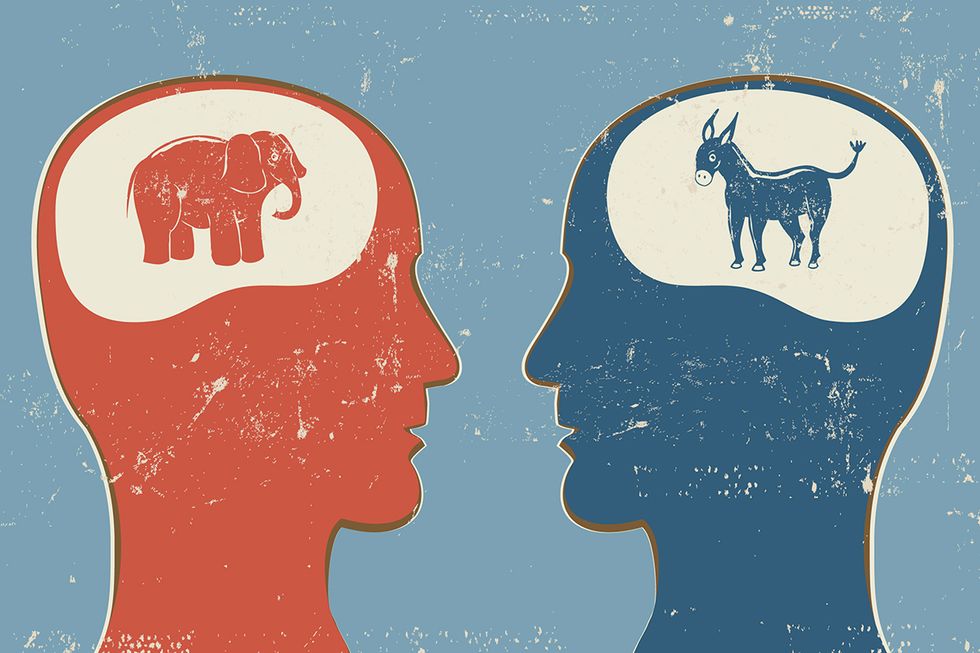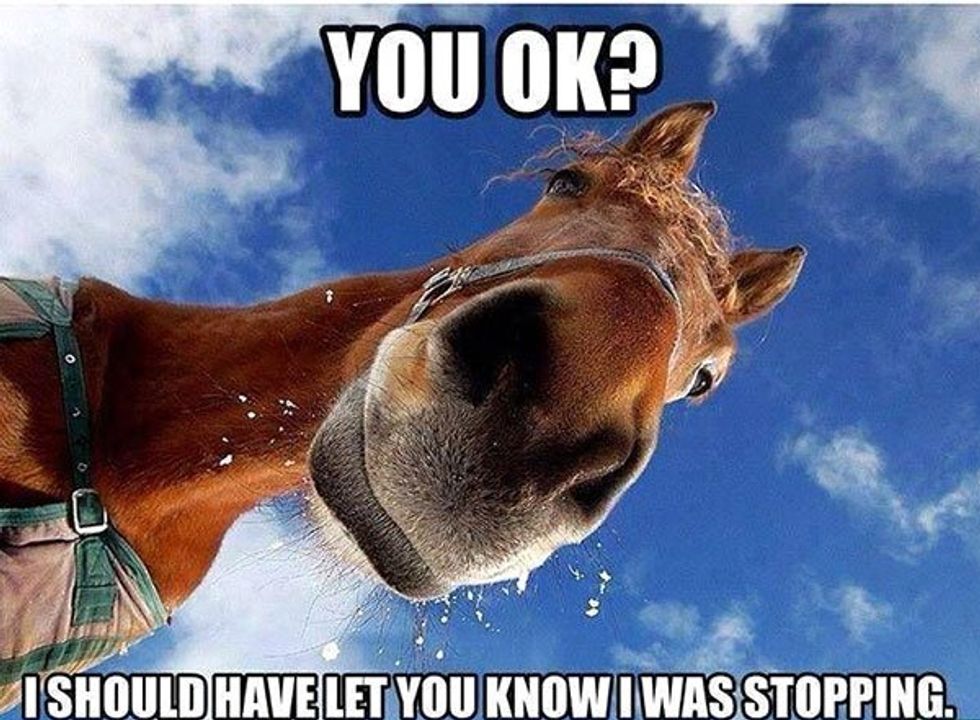Being aware of how politics work in America is becoming more American than apple pie, but the divisive nature that we use to speak to one another over issues is alarming. Coming from the top down, we are encouraged to fight a war of words with the person across the aisle in congress or across the restaurant in a diner. Rather than working on bills of compromise, our politicians seem to only pursue partisan objectives. The general discomfort between the two major parties, expressed by both elected officials and normal citizens, has caused people to root against elected officials of the opposite party. Even though I did not personally support our current president, I refuse to root for the failure of the most prestigious elected official in the free world. Regardless of party affiliation, it is irresponsible to hope the most powerful person in the nation does a terrible job. Yes, this could mean he only has a four-year term, but the success of the nation is much more important than the figurehead leader's party affiliation. Two general ways to avoid this divisive nature is by explaining one's position rather than tearing down the opposition, and to look for common ground to build off of.
Argue for the position that you hold as your reasoning instead of explaining the fault of the opposition. More often than not, arguments are presented as pointing the flaws of the opposite position, but to me, that does not make my position or policy any better. Anyone can point out issues of the opposite party, but it takes real teamwork and reasoning to find a solution somewhere in the middle. Present relevant, accurate facts about one's position rather than the emotionally charged statements that hold little meaning or a clear conscience. Emotion must be left out of policy discussions, and previous experience and views can be useful but an open mind is essential.
The most important part of achieving a healthier political/social environment is finding common ground with the party across the aisle. The founding fathers did not intend for a two-party system, but it is the reality of the world we live in. Just like establishing a new habit, the first few times may be hard, but it seems to always get easier. I think if democrats and republicans can find something to work on together — like the improvement of infrastructure — other issues could be dealt with in a civil manner. The two parties may not agree on how to raise the money and who to tax to do so, but both could agree that the projects need to be done. Our aging interstates, bridges, and schools should be cause for concern for all. The common point of interest should be fleshed out whenever possible, yet the parties today seem to almost avoid the idea of seeing these common points in one another's party platform. College has exposed me to people on the far ends of the political spectrum, but I do my best to avoid unnecessary conflict while still having a productive conversation. I challenge my fellow young citizens and current elected officials to do the same.

















 teenhorseforum
teenhorseforum














